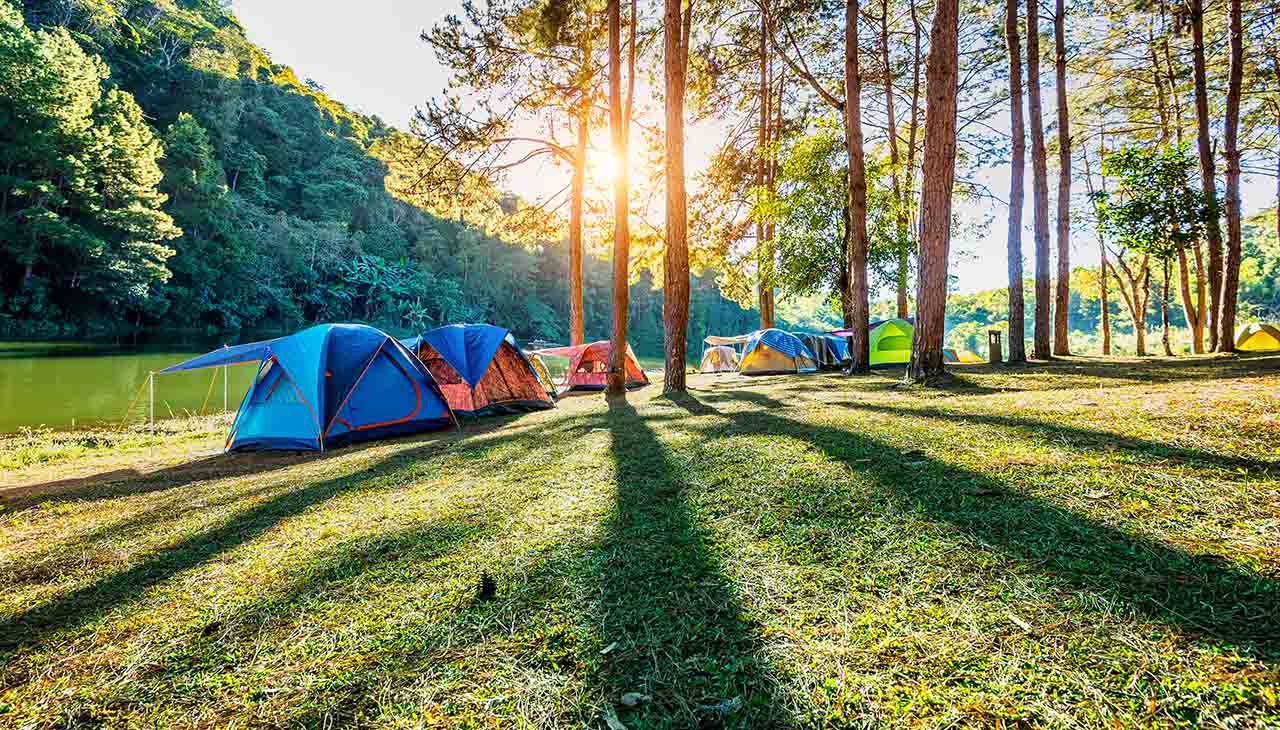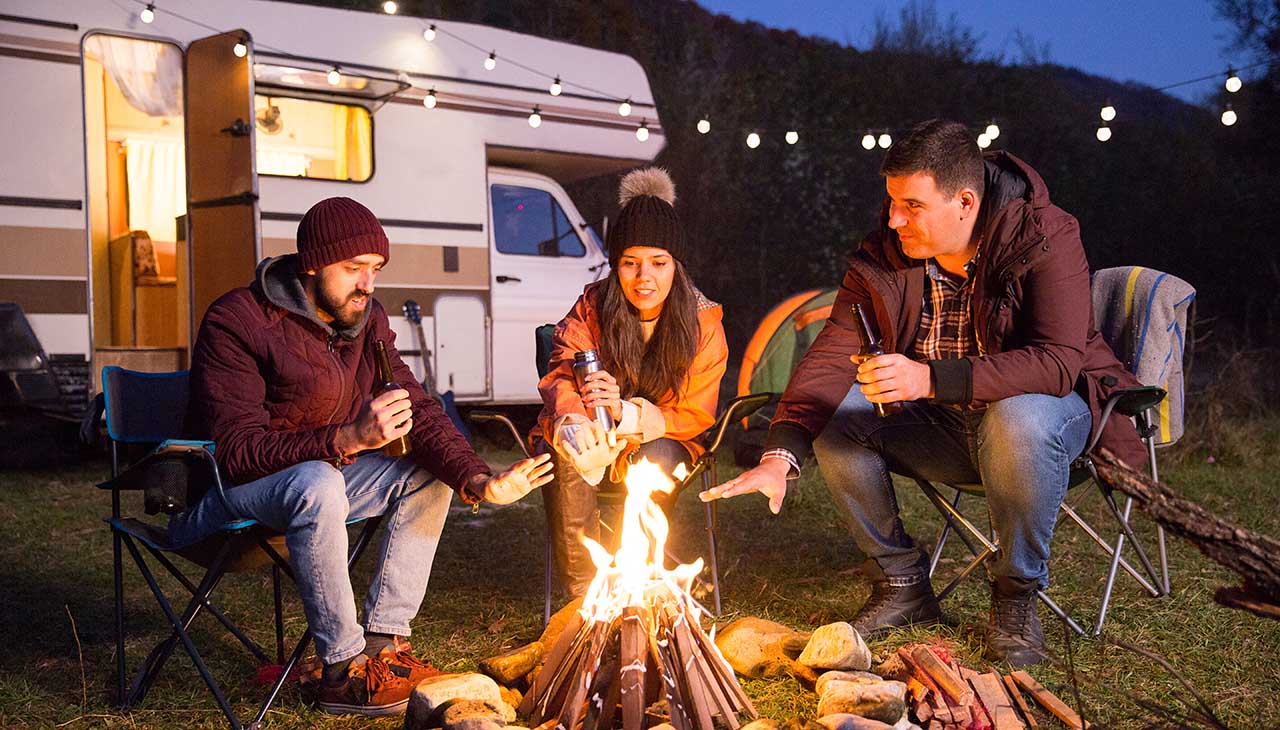Camping provides an unparalleled opportunity to connect with nature, offering moments of tranquility away from the hustle and bustle of daily life. However, with the increasing footfall in natural spaces, it’s more important than ever to camp responsibly to ensure these areas remain pristine for future generations. The Leave No Trace principles offer a framework for minimizing our environmental impact while enjoying the great outdoors. In this guide, we’ll explore practical tips and strategies for eco-friendly camping, empowering you to tread lightly on the earth. Whether you’re a seasoned camper or preparing for your first outdoor adventure, these insights will help you master the art of Leave No Trace, making every camping trip more sustainable and harmonious with nature.
Leave No Trace Principles
Plan Ahead and Prepare
Thorough preparation is crucial for minimizing your impact on the environment. Research the rules and regulations of your destination, be aware of weather conditions, and ensure you have the necessary equipment to reduce reliance on natural resources. Adequate planning helps avoid sensitive areas and ensures that you have a safe and sustainable trip.
Travel and Camp on Durable Surfaces
Stick to established trails and campsites. Walking and camping on durable surfaces like rock, dry grasses, or snow helps preserve the integrity of the ecosystem and prevents the creation of new trails which can lead to erosion and habitat loss.
Dispose of Waste Properly
“Pack it in, pack it out.” Be meticulous about carrying out all your trash, leftover food, and litter. Use established toilet facilities or bury human waste at least 6-8 inches deep and 200 feet away from water, trails, and campsites. Leave the place cleaner than you found it.
Leave What You Find
Preserve the past and respect the natural environment by not taking rocks, plants, artifacts, or other natural objects. Also, avoid altering or building structures, like cairns or lean-tos. The motto is to enjoy, but not alter.
Minimize Campfire Impact
If campfires are permitted, use established fire rings, keep fires small, and burn only sticks from the ground that can be broken by hand. Always put out the fire completely and scatter cool ashes over a broad area away from camp.
Respect Wildlife
Observe wildlife from a distance and do not follow, approach, or feed animals. Feeding wildlife damages their health, alters natural behaviors, and exposes them to predators or other dangers. Protect wildlife and your food by storing rations and trash securely.
Essential Tips for Eco-Friendly Camping
Choosing a Campsite
- Opt for designated campsites whenever possible. These sites are designed to concentrate impact on specific areas, thus preserving surrounding natural habitats.
- Select a site that is already impacted to minimize further damage. Using existing campsites helps prevent the expansion of impacted areas and maintains the natural condition of wilderness.
Waste Management
- Pack out all trash, including food scraps and biodegradable items. Leaving nothing behind ensures that natural habitats remain undisturbed and free from pollutants.
- Use biodegradable products when possible. This reduces the environmental impact in case of accidental littering and helps in maintaining the ecological balance.
Water Usage
- Use water sparingly and avoid contaminating water sources. By using less water and preventing pollution of streams and lakes, we contribute to the preservation of these vital resources.
- Bring a filtration system to reduce plastic waste from water bottles. This not only minimizes plastic pollution but also ensures that you have access to clean drinking water.
Campfire Practices
- Use a camp stove instead of making a fire when possible. Camp stoves are less impactful on the environment, as they leave no scars on the land and produce no harmful byproducts.
- If making a fire, use established fire rings and only burn local firewood. This minimizes the risk of forest fires and prevents the spread of invasive insect species through firewood.
Respect for Wildlife
- Observe animals from a distance and avoid feeding them. Feeding wildlife can alter their natural behaviors and make them dependent on human-provided foods.
- Store food securely to prevent wildlife encounters. Proper food storage protects both you and the animals by reducing the chances of dangerous interactions.
Conclusion
In summary, by adhering to the Leave No Trace principles and adopting eco-friendly practices, campers can significantly reduce their environmental footprint and contribute to the preservation of natural spaces. Remember, every small action – from choosing biodegradable products to observing wildlife from a respectful distance – plays a crucial role in maintaining the health and beauty of our planet. As stewards of nature, it’s our collective responsibility to ensure that the great outdoors remain a source of wonder and inspiration for generations to come. By incorporating these sustainable practices into your camping routine, you not only enjoy a more harmonious relationship with nature but also become an advocate for its protection. Happy camping!




